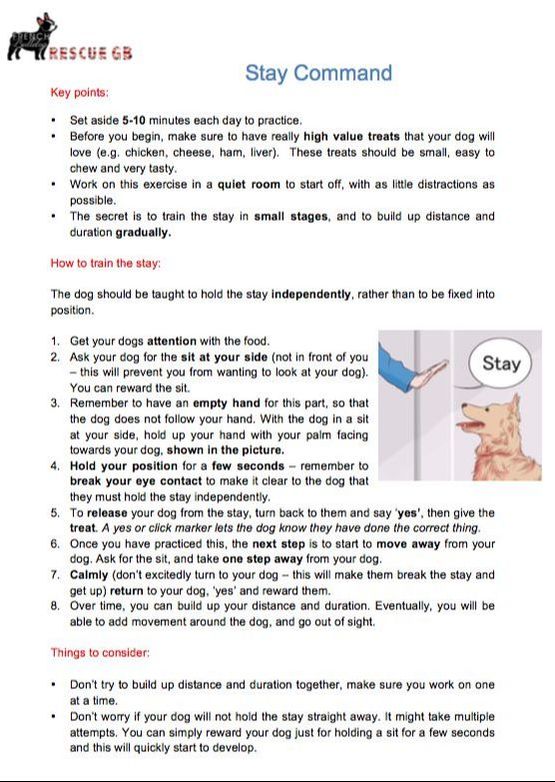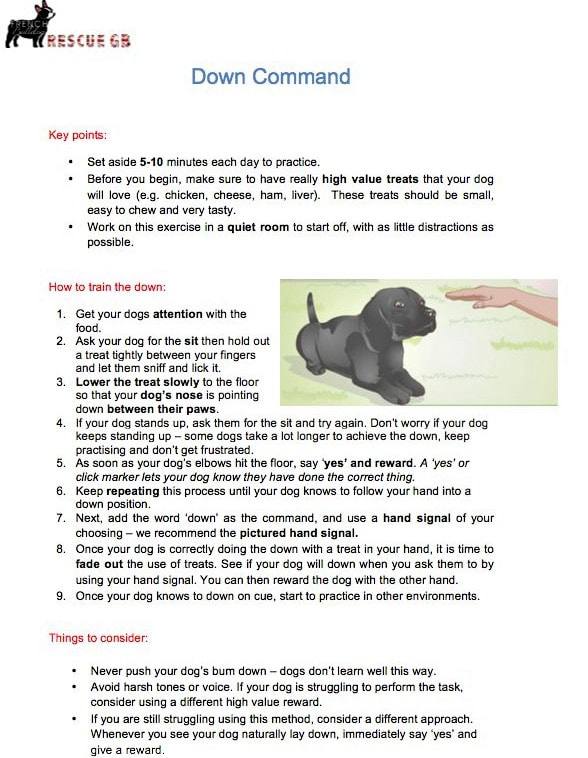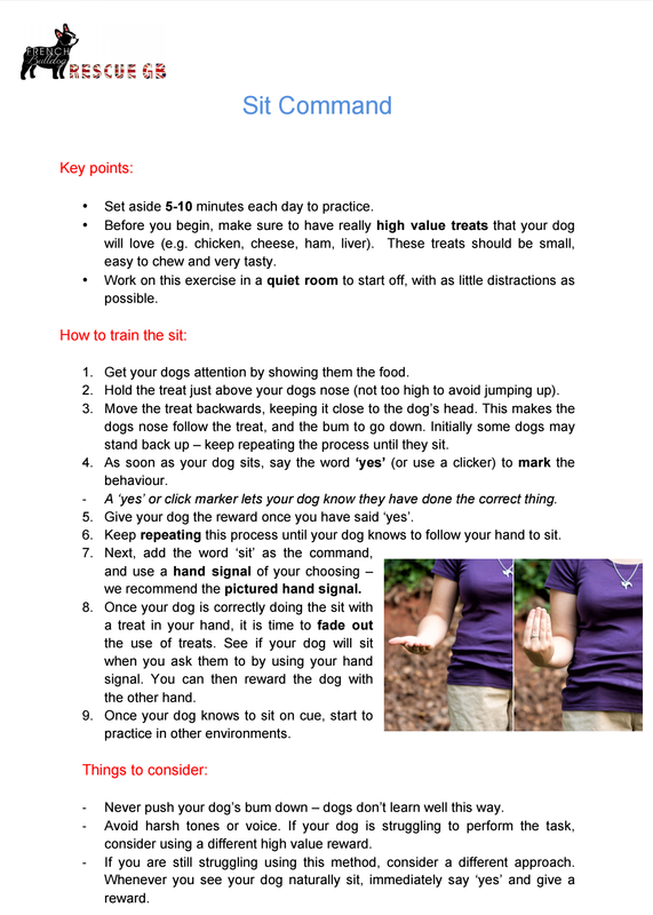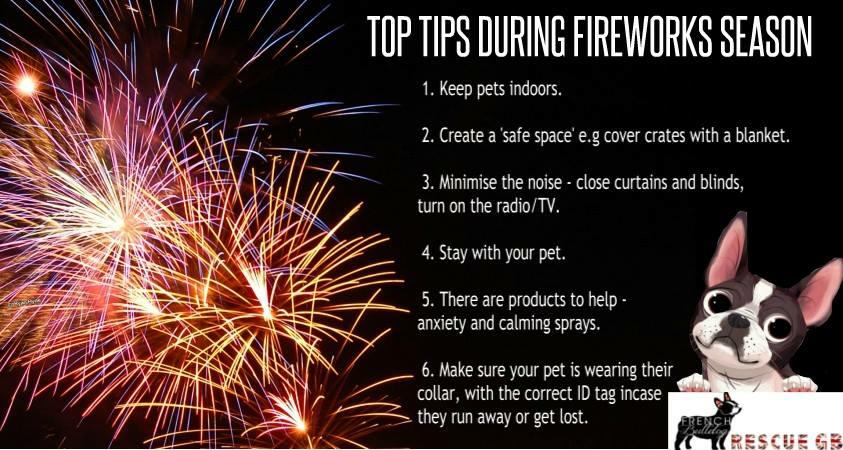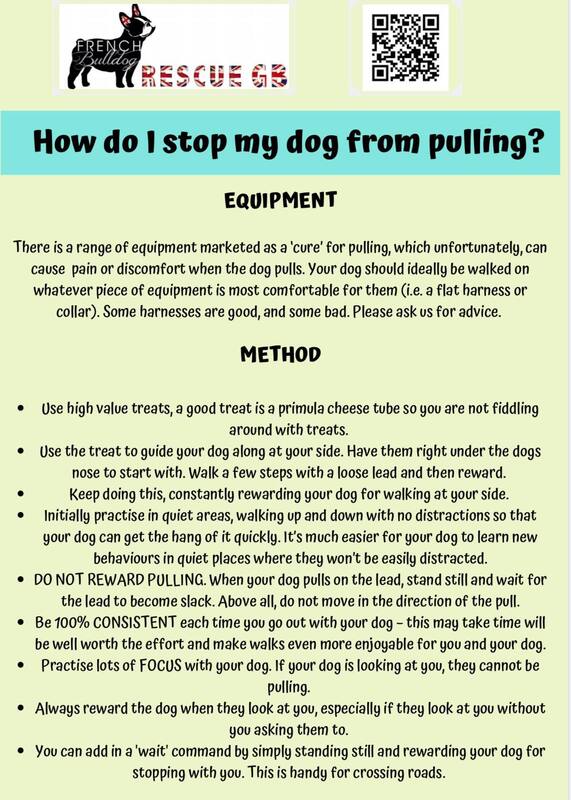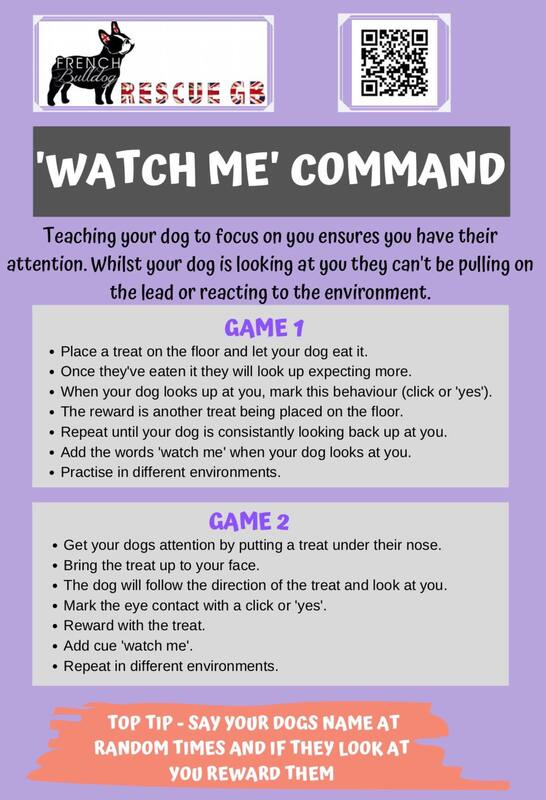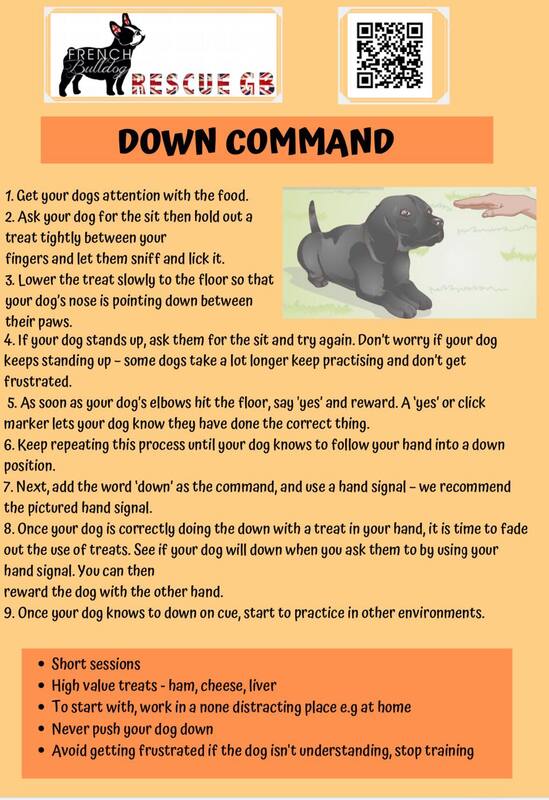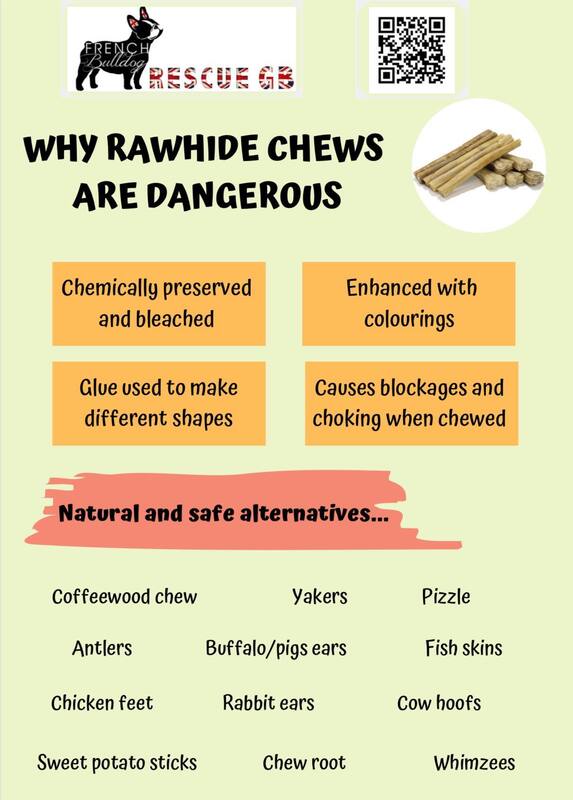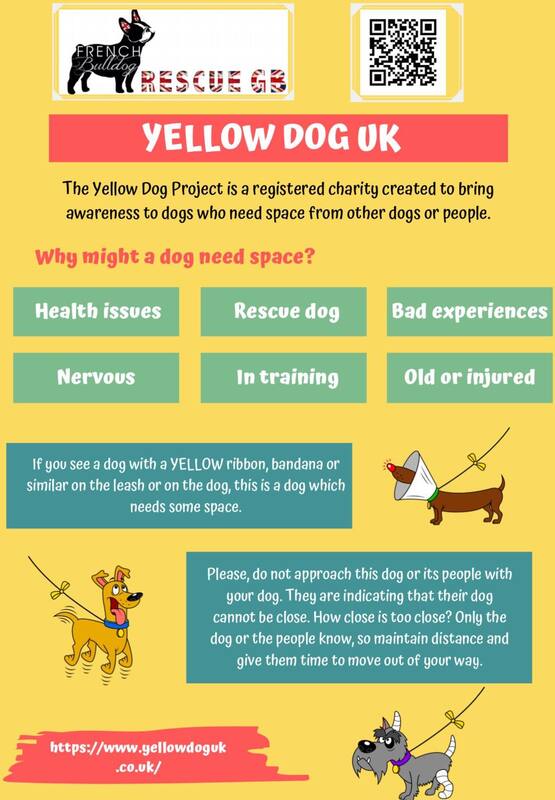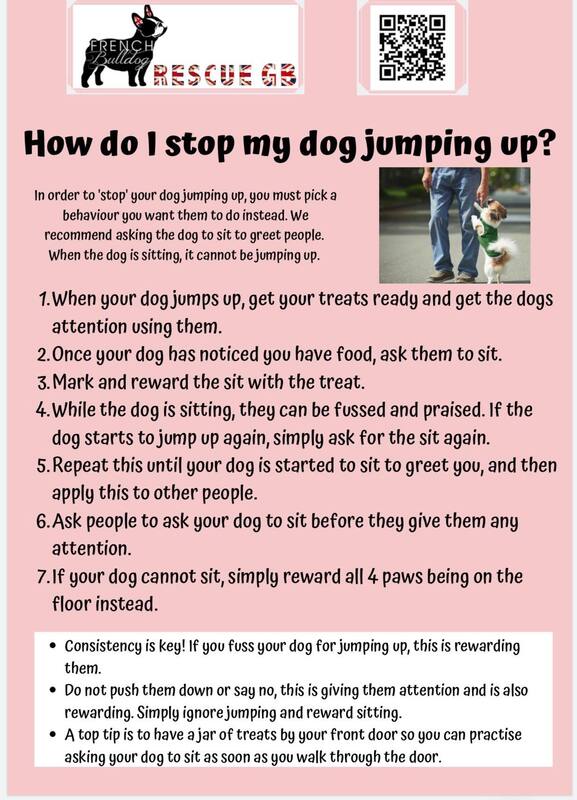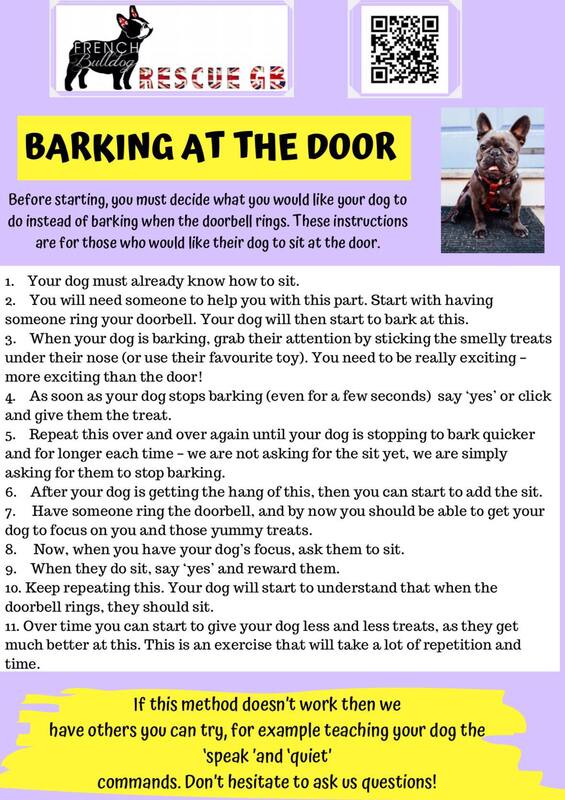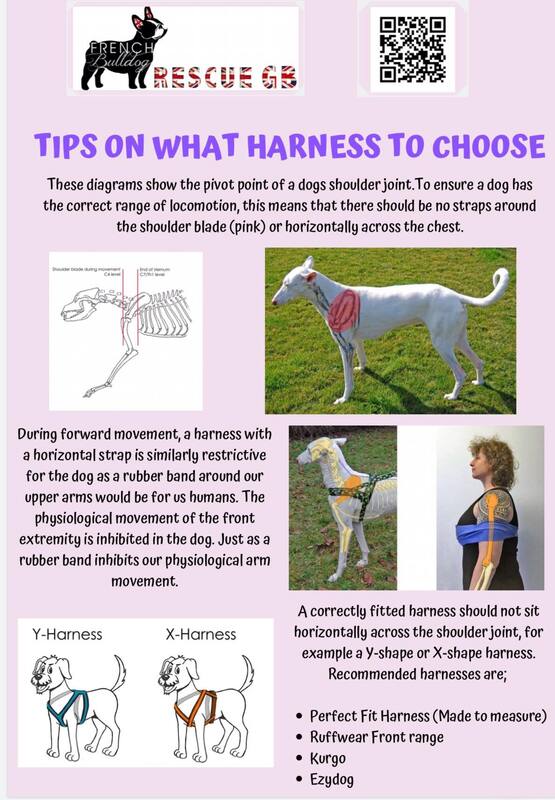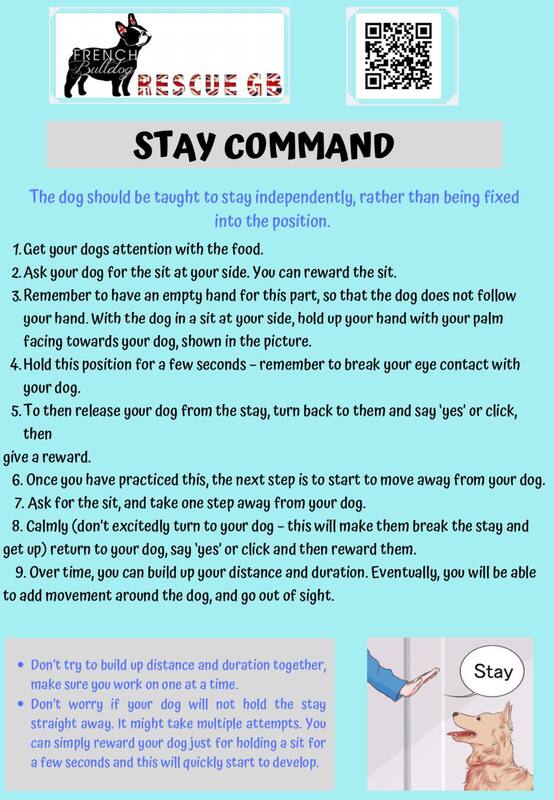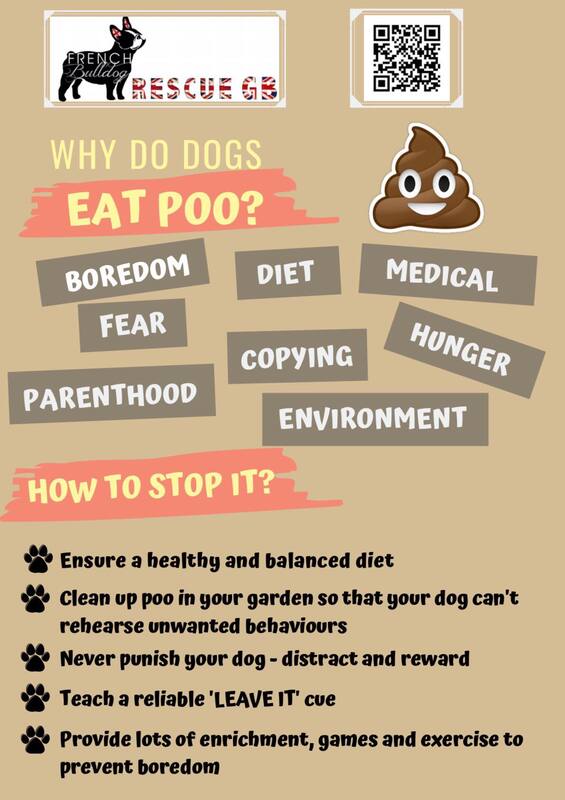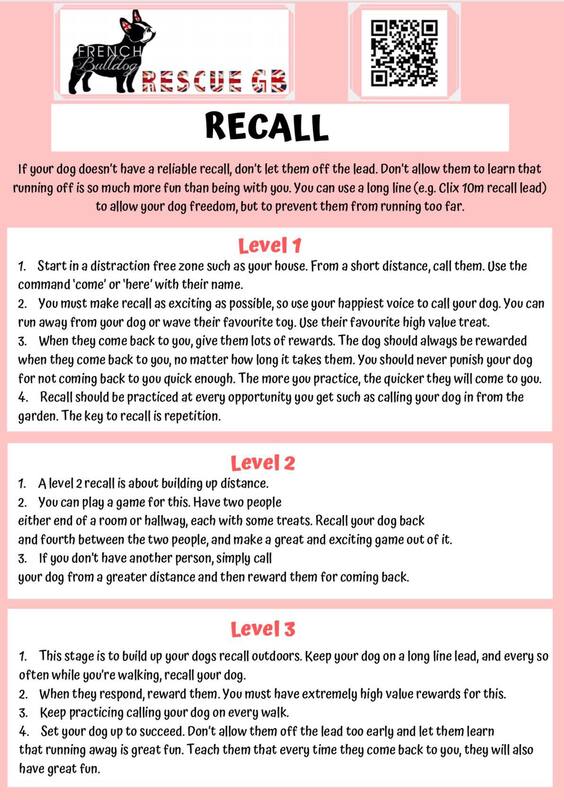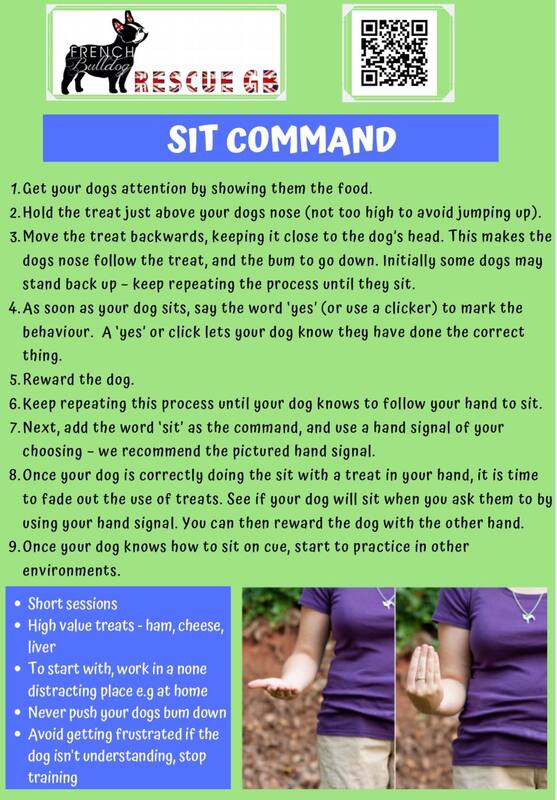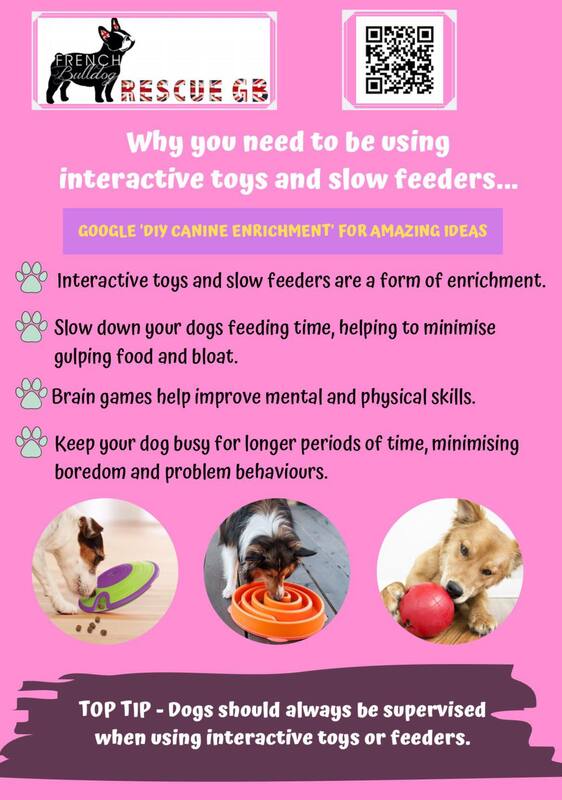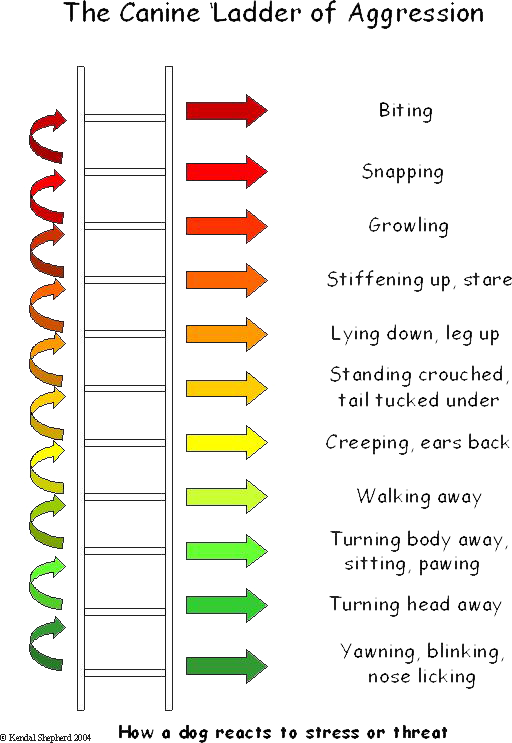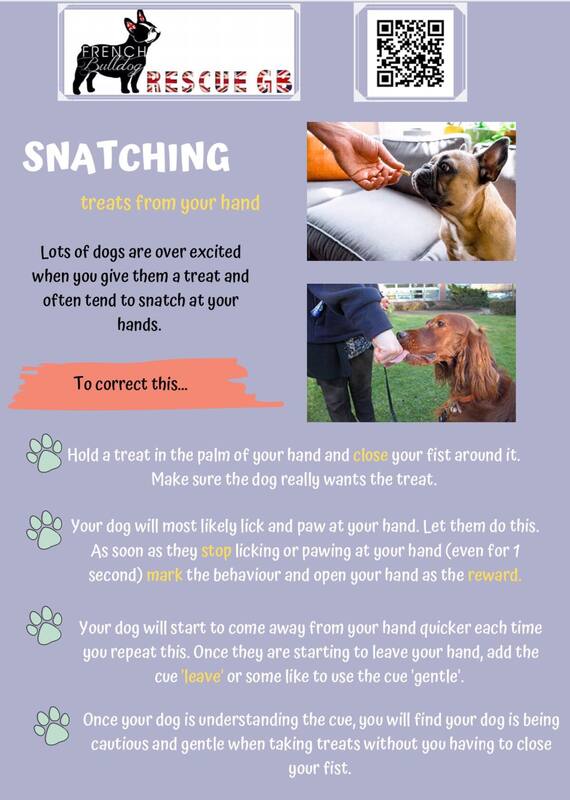Please find below lots of useful training and behavioural advice that has been created by our trustees one of whom is a degree qualified behaviourist and donated by trainers that the rescue has access to:
STAY COMMAND - Video and training notes
DOWN COMMAND - Video and training notes
SIT COMMAND - Video and training Notes
Please click the link to read a well written article on dogs on the rampage and owners responsibilities - www.dogskool.co.uk/dog-blog/
A very good article on Resource Guarding - shaysdogblog.com/2018/05/30/resource-guarding/
| how_puppies_become_anxious_-_files_section.doc | |
| File Size: | 67 kb |
| File Type: | doc |
| bringing_home_a_fbrgb_dog_home.docx | |
| File Size: | 52 kb |
| File Type: | docx |
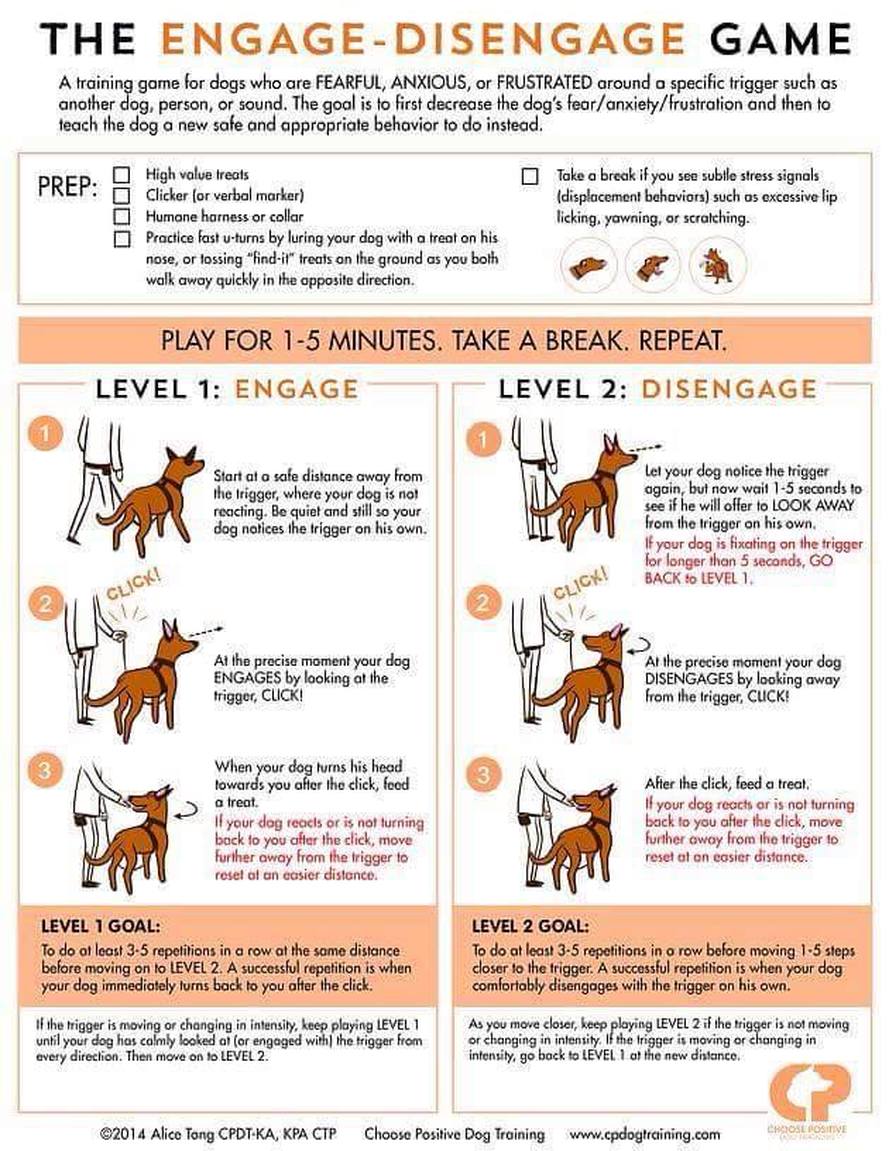
Dogs peeing on human bedding
The Cause
The number one reason dogs pee on your bed is the exact same reason they chew your dirty underwear and socks...it smells like you. In the wild dogs, and young dogs especially, encounter numerous different predators. When they encounter a predator, they have two choices. They can fight or they can run, and neither of these is extremely beneficial for the dog. So, to avoid running into one of their foes they try to cover their scent. In the wild (and often on farms or in the country), dogs will roll in the nastiest things, like poop or dead animals. In your house, they roll in your dirty underwear and, you guessed it, your bed. Young dogs especially have to be careful, so they try to cover the smell of their urine as well. What better spot to hide their scent than in the scent of their protector and guardian. Your bed smells like you...a lot...so your dog is hiding his scent in your bed. By peeing in your bed, and hiding the smell of his urine, your dog is making himself feel less vulnerable and less exposed.
Another Reason
Some dogs are known as "submissive eliminators." Many people find a submissive dog to be extremely desirable (easy to calm, eager to please, good with the family, etc.). An overly submissive dog, however, can be a bit of a problem. Submissive eliminators tend to pee...a lot. They tend to pee when excited. They'll pee when they're scared. Sometimes they'll even pee just because someone entered the room. Their pee is actually a huge sign of respect. If your dog tends to squat whenever you walk in the room, then your dog is probably a submissive eliminator. Younger dogs often grow out of this behavior, but if you have an older dog who is still exhibiting this behavior, refer to the post on submissive elimination or consult your vet on local animal behaviorist.
A Common Misconception
Because your dog feels most vulnerable right after being scolded and often after being left alone, these are the most common times for your dog to pee on your bed. Because of this, many people think the dog is doing this out of spite. I'll often hear, "I yelled at him for digging in the garbage, and he was so mad he went to my bedroom and peed on my bed!" This is often supported by the fact that the dog often looks guilty after such an incident, like he knew he was doing something terrible and felt remorseful afterward. The truth, however, is that your dog is peeing in your bed because he's afraid. He feels vulnerable either because you yelled at him or because you left him alone. He's trying to feel safe again.
What Can I Do?
The simplest, most logical treatment is to not allow your dog on your bed. If you're not home or are unable to supervise your dog, put him in a crate. You may think it sounds cruel, but I guarantee you that after a short while in the crate your young dog will start to find comfort by being in it. Besides, if your dog can't get on your bed, he can't pee in your bed.
Next, you want to make sure your dog is completely housebroken. Your dog may be confused as to where he's supposed to go. Take the time to return to house training 101. This will do wonders for you in the long run.
After that, it's all about keeping things clean. If your dog can still smell his urine from previous accidents he'll be more likely to urinate there again. When you're cleaning up a mess, try using a special pet odor eliminator (I use Hartz). Also, make sure you keep your sheets clean. If you're one of those unlucky people who sweat a lot at night, wash your sheets (including your mattress cover) on a regular basis.
All in all, it comes down to knowing your dog. What will set him off? What frightens him and what does he like? Take the time to "read" your dog and work with your dog, and you'll end up with a wonderful relationship.
The Cause
The number one reason dogs pee on your bed is the exact same reason they chew your dirty underwear and socks...it smells like you. In the wild dogs, and young dogs especially, encounter numerous different predators. When they encounter a predator, they have two choices. They can fight or they can run, and neither of these is extremely beneficial for the dog. So, to avoid running into one of their foes they try to cover their scent. In the wild (and often on farms or in the country), dogs will roll in the nastiest things, like poop or dead animals. In your house, they roll in your dirty underwear and, you guessed it, your bed. Young dogs especially have to be careful, so they try to cover the smell of their urine as well. What better spot to hide their scent than in the scent of their protector and guardian. Your bed smells like you...a lot...so your dog is hiding his scent in your bed. By peeing in your bed, and hiding the smell of his urine, your dog is making himself feel less vulnerable and less exposed.
Another Reason
Some dogs are known as "submissive eliminators." Many people find a submissive dog to be extremely desirable (easy to calm, eager to please, good with the family, etc.). An overly submissive dog, however, can be a bit of a problem. Submissive eliminators tend to pee...a lot. They tend to pee when excited. They'll pee when they're scared. Sometimes they'll even pee just because someone entered the room. Their pee is actually a huge sign of respect. If your dog tends to squat whenever you walk in the room, then your dog is probably a submissive eliminator. Younger dogs often grow out of this behavior, but if you have an older dog who is still exhibiting this behavior, refer to the post on submissive elimination or consult your vet on local animal behaviorist.
A Common Misconception
Because your dog feels most vulnerable right after being scolded and often after being left alone, these are the most common times for your dog to pee on your bed. Because of this, many people think the dog is doing this out of spite. I'll often hear, "I yelled at him for digging in the garbage, and he was so mad he went to my bedroom and peed on my bed!" This is often supported by the fact that the dog often looks guilty after such an incident, like he knew he was doing something terrible and felt remorseful afterward. The truth, however, is that your dog is peeing in your bed because he's afraid. He feels vulnerable either because you yelled at him or because you left him alone. He's trying to feel safe again.
What Can I Do?
The simplest, most logical treatment is to not allow your dog on your bed. If you're not home or are unable to supervise your dog, put him in a crate. You may think it sounds cruel, but I guarantee you that after a short while in the crate your young dog will start to find comfort by being in it. Besides, if your dog can't get on your bed, he can't pee in your bed.
Next, you want to make sure your dog is completely housebroken. Your dog may be confused as to where he's supposed to go. Take the time to return to house training 101. This will do wonders for you in the long run.
After that, it's all about keeping things clean. If your dog can still smell his urine from previous accidents he'll be more likely to urinate there again. When you're cleaning up a mess, try using a special pet odor eliminator (I use Hartz). Also, make sure you keep your sheets clean. If you're one of those unlucky people who sweat a lot at night, wash your sheets (including your mattress cover) on a regular basis.
All in all, it comes down to knowing your dog. What will set him off? What frightens him and what does he like? Take the time to "read" your dog and work with your dog, and you'll end up with a wonderful relationship.
